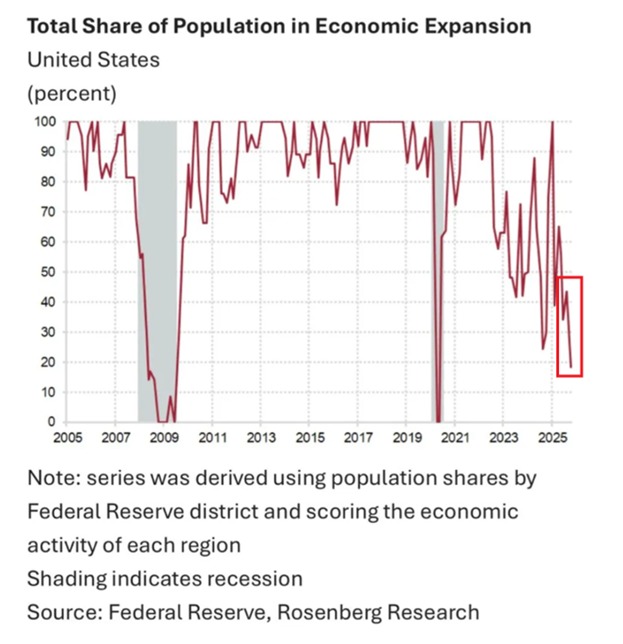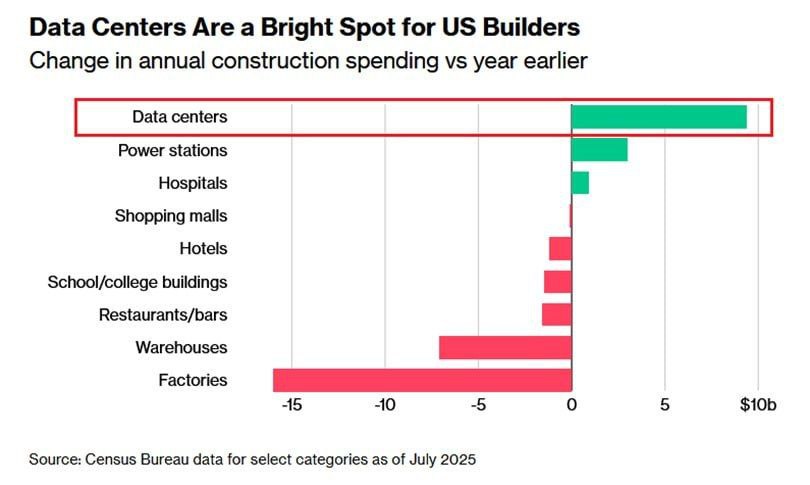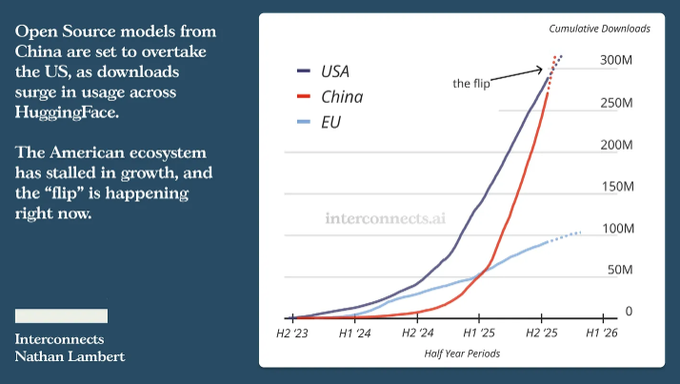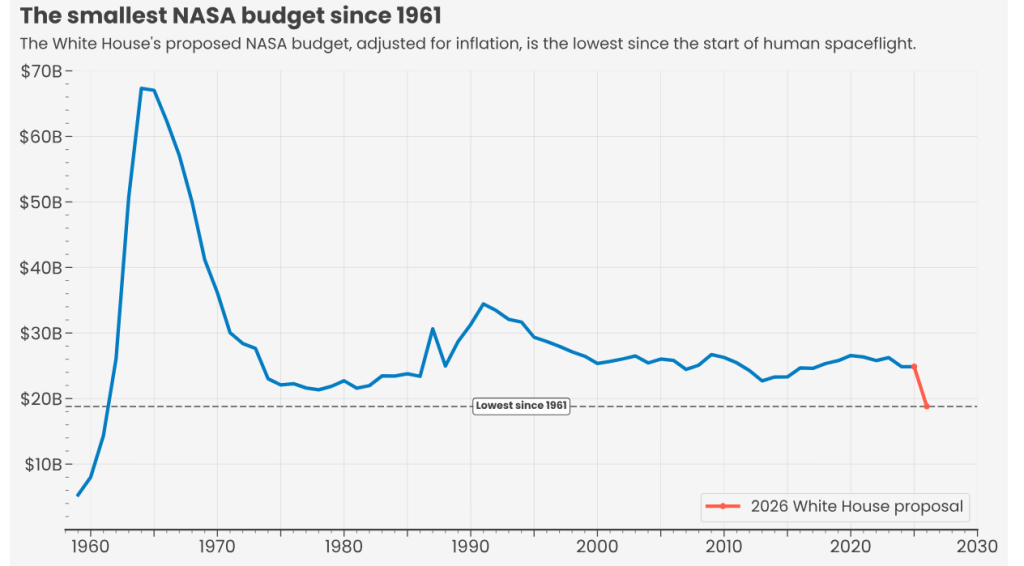The great problem with financialization is that produces higher returns than productive investments do. If you want to industrialize or stay industrialized, you will have lower profits than a financialized economy does. This leads to situations like the below:

Generally US assets are highly valued and money tends to flow into the US over other countries. This is because US assets out-perform. The Chinese stock market, like the US market of the 50s and 60s, trades sideways. The US stock market since Greenspan never stops going up: crashes are just speed bumps. Likewise, US housing prices just keep going up, and so on.
On its face, money flooding into the US seems odd. After all, it’s not even close to the world’s most dynamic economy. China is ahead in 80% of technologies, the world’s largest manufacturer, and increasing its lead. In the last 3 years it has increased the numbers of cars it produces by five times, surpassing the US, Japan, South Korea and Germany, all of whom it was behind. It has the largest drone market, the most robots, etc, etc… It is the world’s strongest economy.
But China is a competitive market, and in competitive markets, profits are low, because the second they start to rise, someone new jumps in. That’s how capitalism, in theory, is supposed to work. The problem is that it only works that way with aggressive government regulation and enforcement. The CPC, being Socialist, doesn’t “believe” in markets. It uses them as a tool, without an ideological commitment. There’s no nonsense about markets being self-correcting, about rich people being good, about trickle down, etc, etc… If a market isn’t working to improve mass welfare, the state intervenes, and it will let, and sometimes force, “too big to fail” companies die.
This is, ironically, “real” capitalism, something the West no longer practices.
So America in specific, and the West in general has spent about 45 years now hollowing out its real economy. In exchange a great deal of money has been created, and if you as an investor want money, then you invested in the West.
This is coming to an end. It is in its last five or so years. It relies in the destruction of the real economy by jacking up prices, loading up debt and liquidating industries, often, ironically, to send to China. Once the real economy is gone, there will not be enough financialization opportunities to allow vast inflows of foreign money. This is especially true because, increasingly, US consumers are tapped out. The decision to end large classes of Obamacare subsidies is just a nail in this coffin.
Right now the US economy is bifurcated. Most people are under huge financial stress, but about 20% of the population is doing well and spending more. They are attached to a financialization spigot of some sort. This will end, or rather contract to about 5% of the population over the next decade. As financialization opportunities go away, the number of people benefiting from remaining financialization will of necessity contract. This contraction has been going on for decades. At one point a majority of people benefited, but as time went by more and more had to be sacrificed and the losers soon outnumbered the winners. The 2008 crash was when this became impossible to deny without straight up lying.
What will be left is a sclerotic economy, with a lot of rich people (relatively, in absolute numbers, not so many), a lot of poor people and a small real middle class. (And to be in that middle class you will need to earn low six figures minimum, because financialization makes everything expensive. You’re better off living in China with half the salary of an America. Maybe a third.)
It’s weird being, well, me. Because this is the endgame. I’ve been writing about this for decades, and now I’m seeing my Cassandric prophecies all coming true. None of this was, in one sense, necessary: up till about 2010, it could have been reversed, in theory, by correct policy. In another sense it was inevitable, because the people who make all the decisions were all in, and benefiting immensely, and were unable or unwilling to understand or care about long term consequences. For many of them that made cold hard sense. They were engaged in a “death bet”, they bet they’d be dead before the game ended. Others are just fine being the richest or most powerful people in a shitty country. They don’t, yet, understand what they’ll lose when China is recognized by everyone as the most important and powerful country in the world, or what the decay of American military ability (entirely a product of a now lost industrial and tech lead) will mean to them.
This the middle of the end. The beginning of the end was when Obama and Bernanke decided to bail everyone rich out during the financial crisis, and pass the cost to ordinary people, including by stealing their houses.
This is also epochal. For the first time in centuries, the West will no longer be the most powerful or the most technologically advanced region.
The consequences, for everyone in the world, will be vast.
This site is only viable due to reader donations. If you value it and can, please subscribe or donate.



 This is, again, because Chinese models are at least 90% cheaper to run, and mostly open source. Only a complete and utter moron would run their business using proprietary models where OpenAI or Anthropic can jack up the price any time they want or depreciate the model you actually needed. Even US startups agree, 70 to 80% of them are using Chinese open models.
This is, again, because Chinese models are at least 90% cheaper to run, and mostly open source. Only a complete and utter moron would run their business using proprietary models where OpenAI or Anthropic can jack up the price any time they want or depreciate the model you actually needed. Even US startups agree, 70 to 80% of them are using Chinese open models.
